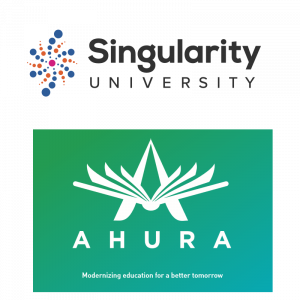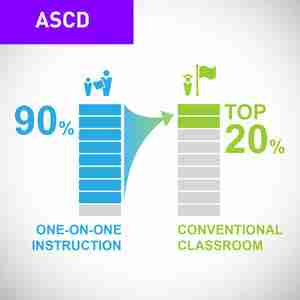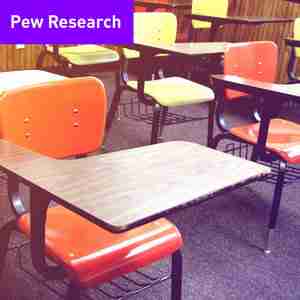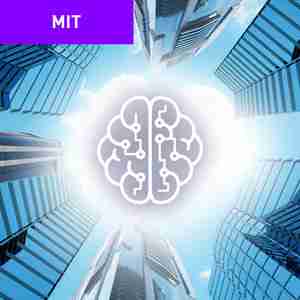
Ahura AI CEO Announcing Launch Of Beta Product During The World Economic Forum In Davos
Ahura AI’s CEO, Bryan Talebi, announcing the launch of its beta product and product wait list during the World Economic Forum in Davos!

Ahura AI’s CEO, Bryan Talebi, announcing the launch of its beta product and product wait list during the World Economic Forum in Davos!

After seeing the industry-leading work that Ahura AI is doing for the future of education, Singularity University has selected Ahura AI for their Singularity University Global Startup Program.

New AI Systems Are Here to Personalize Learning. The narratives about automation and its impact on jobs go from urgent to hopeful and everything in between.

Benjamin Bloom empirically proved the achievement benefits of one-to-one instruction over the conventional classroom in 1984.

The United States school system ranks low among developed nations: #39 in math, #24 in science, and #24 in reading. How will the United States compete globally for the jobs of the future?

The United States school system ranks low among developed nations: #39 in math, #24 in science, and #24 in reading. How will the United States compete globally for the jobs of the future?

This global survey with over 3,000 managers and 30 in-depth interviews reveals that 85% of executives believe artificial intelligence will enable their companies to obtain or sustain a competitive advantage. Unfortunately, less than 39% have an artificial intelligence strategy in place and only one in twenty have extensively incorporated the technology.

According to McKinsey’s research deep learning techniques such as feed forward neural networks, recurrent neural networks, and convolutional neural networks account for about 40% of the annual value potentially created by all analytics techniques. They estimate that these specific pieces of technology alone can create between $3.5 trillion and $5.8 trillion in value annually.

This PwC study predicts that as much as 38% of jobs in the United States will lost to automation by the 2030s. In order for American workers to mitigate the coming disruption, they must receive more higher education and improve their performance scores.